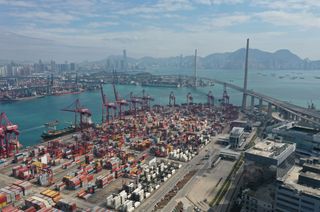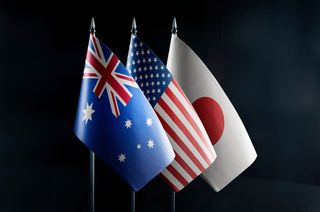In this episode of The Asia Chessboard, Mike and Jude are joined by Thomas Parks, Country Representative for Thailand with The Asia Foundation and author of the recently published book Southeast Asia’s Multipolar Future: Averting a New Cold War.
They begin with an overview of Southeast Asia’s experience during and following the Cold War and discuss the region’s desire to avoid a re-division into blocs. They explore how regional states are seeking to preserve strategic ambiguity in their international relations and diversify their economic partnerships to avoid becoming highly dependent on any one great power.
They then consider the effects a conflict in Taiwan would have on regional states’ autonomy and probable reactions if conflict were to occur, as well as regional perspectives on the prospects for major US-China decoupling and associated vulnerabilities.
The conservation concludes by exploring space for multipolar cooperation in the region among small and middle powers, how they have prioritized deep connections with each other, and how this in turn allows them to enter into robust security or economic relationships with major powers while also preserving the perception of autonomy in the eyes of their peers.
The Asia Chessboard is co-produced by the United States Studies Centre and Center for Strategic and International Studies and features in-depth conversations with the most prominent strategic thinkers on Asia. Co-hosts Dr Michael Green (CEO of the United States Studies Centre) and Jude Blanchette (Freeman Chair in China Studies at the Center for Strategic and International Studies) take the debate beyond the headlines of the day to explore the historical context and inside decision-making process on major geopolitical developments from the Himalayas to the South China Sea.






